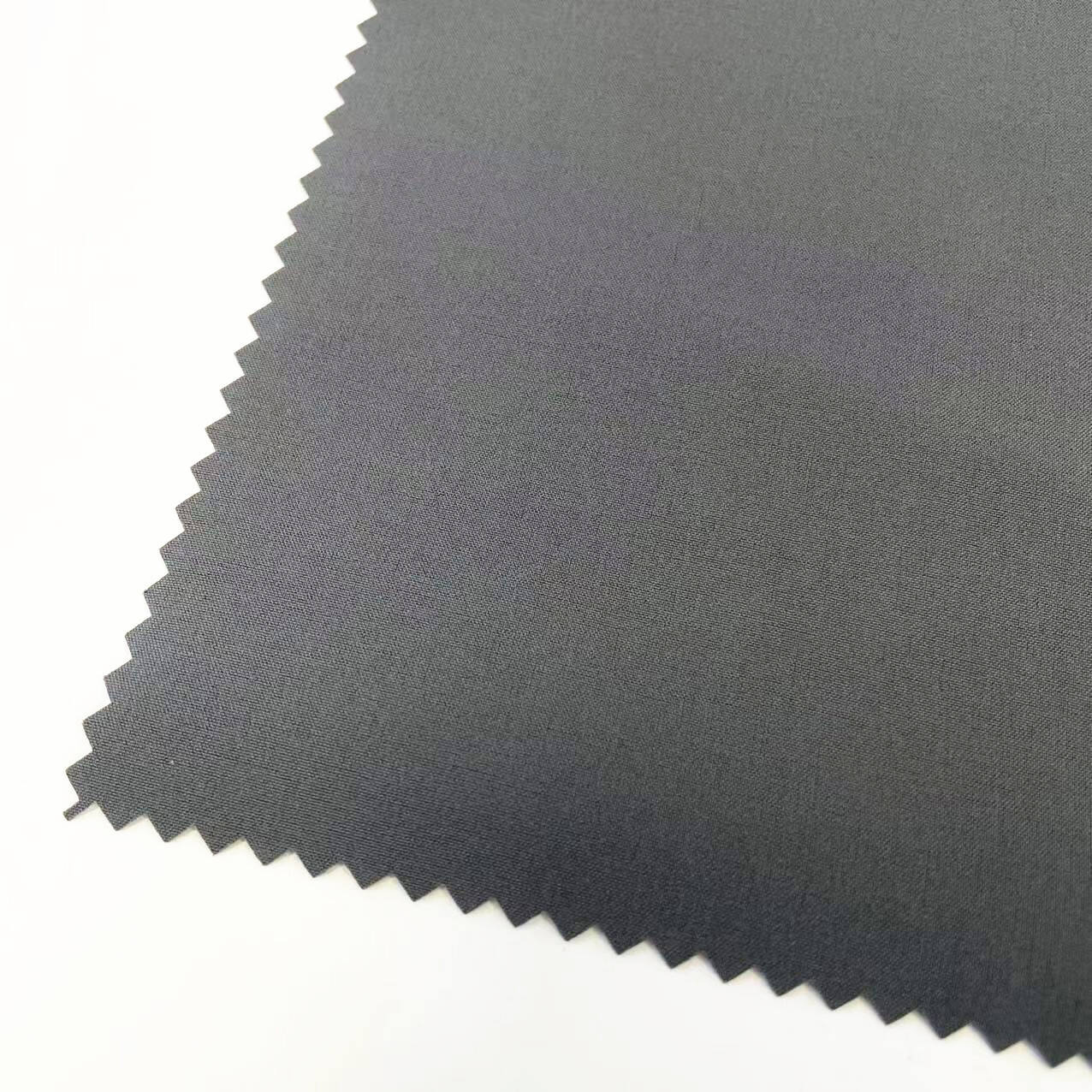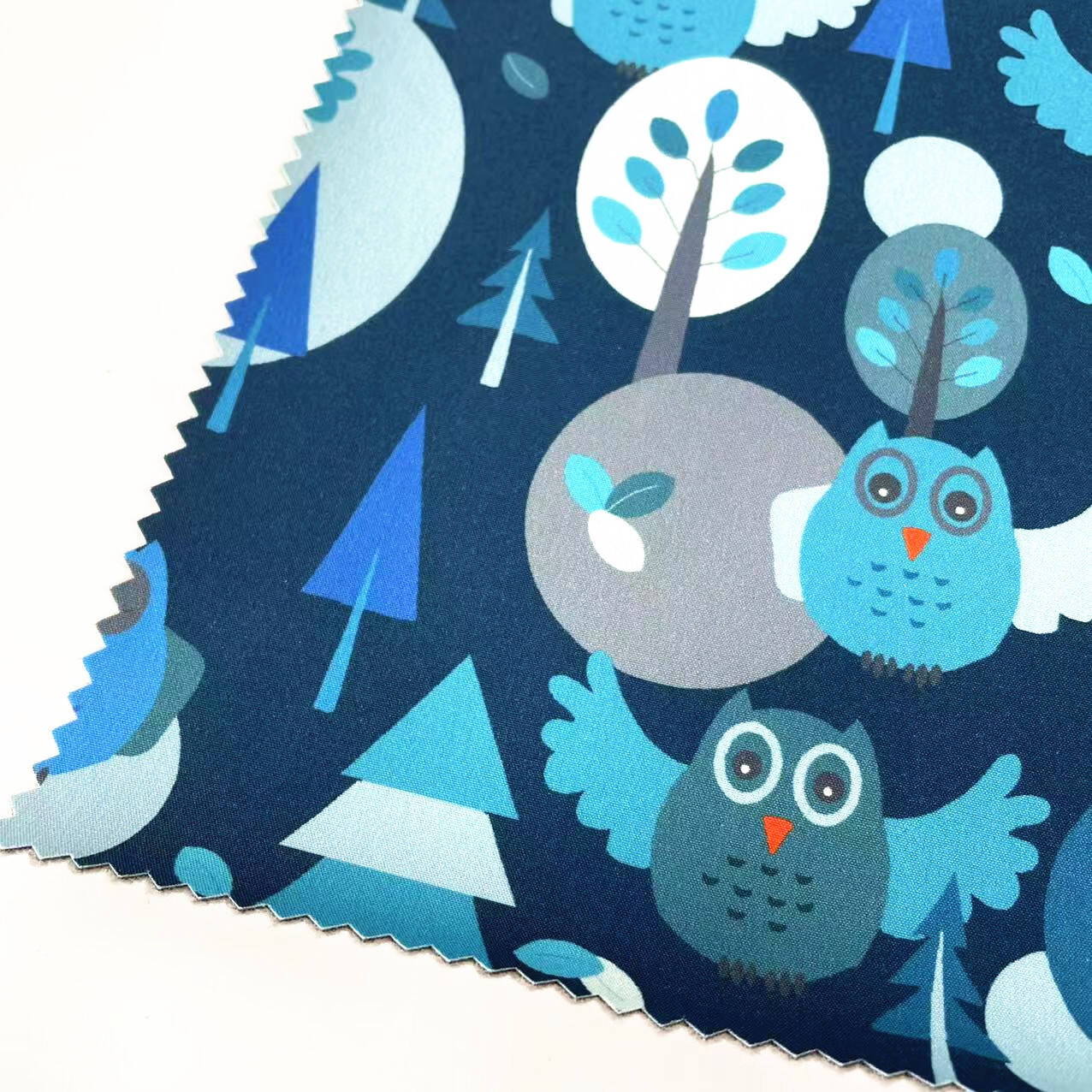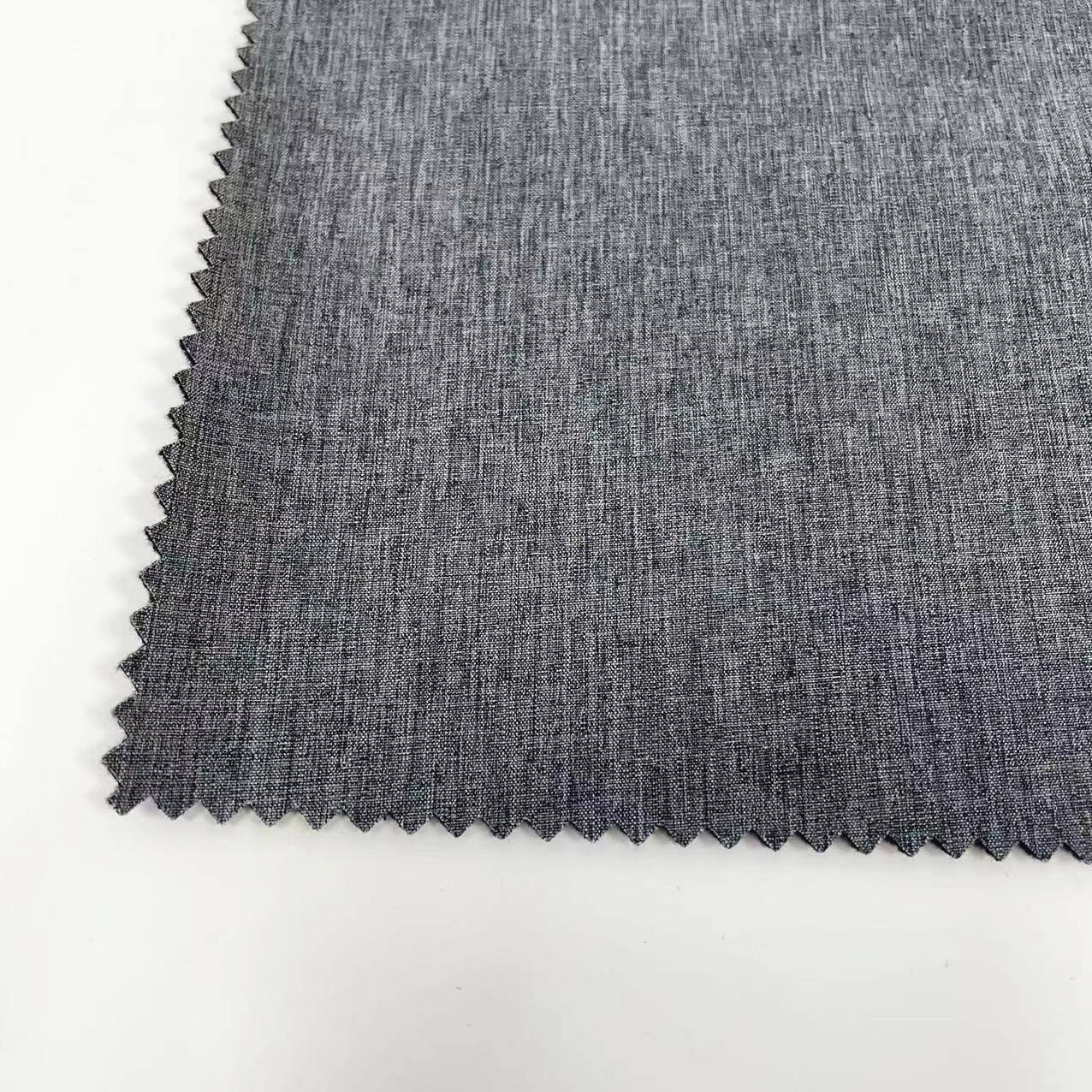Kai esate kelionėje, kepinių audinas yra būtinas, kad jūs išlaikytumėte šilpnumą ir patogumą. Ar jūs kartais galvojote apie skirtingas medžiagas, kurias galima naudoti kepiniui? Giliau pažvelgus į natūraliuosius vlaksninius kepinių audinius: kas jais yra unikalumo ir kaip jie geriausiai naudojami?
Skirtingos kepiniui naudojamos medžiagos
Sąrašas tęsiasi, o dėl kepinių audinių yra daug pasirinkimo. Natūralios medžiagos: viltis, bumbieris ir odos. Cheminiai audiniai: poliesteras ir nilonasis. UNIXplorer Kepinių Audiniai: kiekvienas gali būti tinkamas tam tikram kepiniui naudojamam užduotims.
Pavyzdžiui, gamtinis vilius izoliuoja kūną ir saugo šilumą, kurios dalis yra saugoma jo virpeliuose, todėl jis puikiai tinka žieminiams sąlygoms. Kita vertus, bumblys yra gera kilimė ir komfortiškas, su tinkama izoliacija skirtingoms temperatūrų kitimams. Jūsų saugumo užtikrinimas linksmomis oro sąlygomis – pilvas yra ilgoveikus ir stilingas. Kitu pusė, poliesteras ir nilonasis (abi yra sintinės medžiagos) yra lengvesni, todėl jie neideda daugiau svorio, kai juos vaziuojate išorėje – idealu bet kokiam išoriniam veiklumui, kai svarbu rinkinio dydis arba mažas svoris, pvz., kelionėms ir kempinguotėms milderio klimato sąlygomis.
Muitų medžiagos mokslas yra tikrai įdomus! Dirbdami kartu, inžinieriai ir mokslininkai gali kurti medžiagas, kurios yra šiltnos, bet vistiek lengvos. Naudojant inovacines technologijas, jie kurią audinius, kurie pritaiko save prie aplinkos – jie saugo jūsų šaldymą karščioje orėje ir šiltinę šaltame klimate.
Muitų audinys taip pat turi būti išlaikomas ir oro sąlygoms atsparus. Kai muitas susiduria su vėju, lietaus ir sniego – tai medžiagos daro visą skirtumą. Norint užtikrinti išvairavimą nuo vandens ir vėjo, muitams reikalingos specialios apdirbimo procedūros, kad jie galėtų išlaikyti gamtos sąlygas.

Kiekvienam muitų audinio tipui yra privalumų ir trūkumų. Taip, ovelna yra graži ir šiltna, bet ji taip pat yra brangia kupinti masiškai. Džiovas labai komfortus ir sklandus, bet jis gali būti mažiau tvirtas palyginti su ovelna ar sintetiniais audiniais. Sintetiniai audiniai yra modernesni ir tvirtesni, nors jie taip pat gali būti sunkesni.
Šie greitai susidžiovinti, odos atsparūs sintetiniai medžiagos, kurios gali išsklaidyti po kelių savaičių kelionėje, dažniausiai siekia maždaug 30 procentų. Nepaisant to, kad jie nėra tokie šiltni kaip ovelnė ar žemaičiukas - populiarus izoliacinis materialas džemperiams, tačiau jie suteikia daugelio įvairių miškinių veiklos verslumo. Pavyzdys yra žemaičiukas, kuris yra gamtinis izoliatorius, dažnai naudojamas džempersuose ir pelengose, bet jam reikia tinkamo priežiūros & paprastai tai kainuoja daugiau.

Aukštos technologijos junginio priedai yra nuolat vystomas segmentas. Gore-Tex - Jis užtikrina vandens nepralaidumą, leidžiant iškvėpti dangaus drėgmę, tuo pačiu laiku neleidžiant vandens įsilieti. Thinsulate tai yra audinys, sudarytas iš mažutėlių virvų, kurios saugo kūno šilumą, todėl Thinsulate daiktai yra šilti ir lengvi, kas jį padaro puikiai tinka zieminei apdovanojimui. Ir jei planuojate keliauti ar slankioti, carbon fiber junginiai - dėl jų lengvumo ir išmokumo savybių tikrai padės!

Toks pat kaip aplinkos teršimas, kurį gali sukelti džemperio audro gamyba, įmonės šioje srityje jau dabar atlieka daug veiksmų siekdamos sumažinti galimus poveikius. Norint sumažinti anglies pėdsaką, įmonės naudoja tvarius medžiagų tipus, tokius kaip poliesteris su perdirbtomis tekstilėmis, arba regeneruojamas niloną ir organinę bumblierį. Perdirbimo ir vartojimo programos taip pat sumažo gamybos atliekų kiekį.
Ir yra tiek įmonių, kurios eina dar toliau, užfiksuodamos santykius su saugumo grupėmis, kurios remia pastangas išsaugoti aplinką. Šios įmonės prisideda prie šviežesnio ateities, dalindamos dalis savo pelno ir padidindamos sąmoningumo tarp vartotojų.
Santrauka apie kepinių audinius. Kepinio audinas yra svarbus klausimas aplinkinėje drabužių srityje, jų yra daug įvairių, ir kiekvienas turi savo unikalias privalumus. Kartu su technologijų pažangą matysime didesnį aukštosios technologijos medžiagų ir veiksmingų gamybos būdų kilimą kepinių pasaulyje. Pasirinkęs kepinius, galime padaryti švelnesius sprendimus, remdamiesi žiniomis apie audinių mokslą ir inžineriją.
Įmonė yra sertifikuota pagal ISO9001, OEKO, SGS ir kitus sertifikatus. Be to, turime savo testavimo centrą, skirtą visų drabužių audinių testavimui, o taip pat dirbame su vietos sertifikuotu trečiojojo šalies testavimo centru, kuris gali pateikti greitus, tikslius ir sertifikuotus testavimo ataskaitas. Mūsų pardavimų personalas gali greitai ir tiksliai atsakyti į klientų užklausas. Taip pat turime siuntymų komandą, kuri gali siūlyti sprendimus siuntymo problemoms, jei klientai susiduria su jomis.
Suly Textile, profesionalus audinių gamintojas, kuris užima 20 000 kvadratinių metrų, įtraukia PU apdorojimo linijas džemperio audiniams. Šios PU apdorojimo linijos atitinka JAV ir suteikia geresnę kokybę apdorojimui. Taip pat turime du PVC apdorojimo lygmenis, kurie gamina audinius vaistams, torbaiems bei stovykloms, pramonei ir pan. Mūsų techniniai turi daugiau nei 10 metų patirties tekstilės gamybos srityje ir gali siūlyti daugiau kokybės valdomų paslaugų ir sprendimų. Mūsų niloninis audinas yra mūsų galingiausias produktas, o jį importuojame iš Taivano, spalvoti ir nešvaromą dalį, ir baigiamąją apdorojimą atliekame savo gamybos įmonėje.
Pagrindinis įmonės produktas yra drabužių audinys, vamzdinio audinys, RPET audinys, darbo drabužiams skirtas audinys, sumokslų audinys, šoninio audinys, aramido audinys, Cordura audinys, kuris yra ugnies atsparus ir kt. Mūsų įmonė taip pat siūlo paslaugas pagal jūsų užsakymą, leidžiančias jums dirbti pagal jūsų specifikacijas, įskaitant detalinius spalvotas arba susukimo spalvotas. Taip pat galime pateikti TPU/TPE pelės, elektrostatinio ir antistatines TPU baltas/šviežia, ugnies atsparus, aukštos ventilacijos juostą, PA šluota, PVC lamine, PU perdavimas ir daugiau.
Suly Textile siūlo plačią drabužių audinių gamybos pastraipą, kuri gali būti pritaikyta atitinkant įvairių klientų poreikius. Suly Textile yra įsitraukę į visų rūšių cheminių audinių ir mišrių audinių gamybą ir pardavimą, įskaitant spalvavimą, poklavį, sujungimą ir lamineavimą. Mes specializuojamės funkciniuose audiniuose, tokiuose kaip stiprus vandens atsekimo audinas, aukštas vandens stulpelis ir kvėpuojuočios tapybos, UV apsauginis audinas, elektrostatinio efekto priešinio audinas, dangaus priemamos ir greito sausinimo audinas, ugnies atsparūs audiniai, karščio atsparūs audiniai, spaudžiami audiniai, IFR audiniai ir kt., kurie visi gali tenkinti arba viršytų tuos pačius audinio reikalavimus. Be to, mes siūlome mažą MOQ spaudimui. Mes siūlome plačią audinių pasirinkimą ir teikime vieną sustojimo sprendimą.